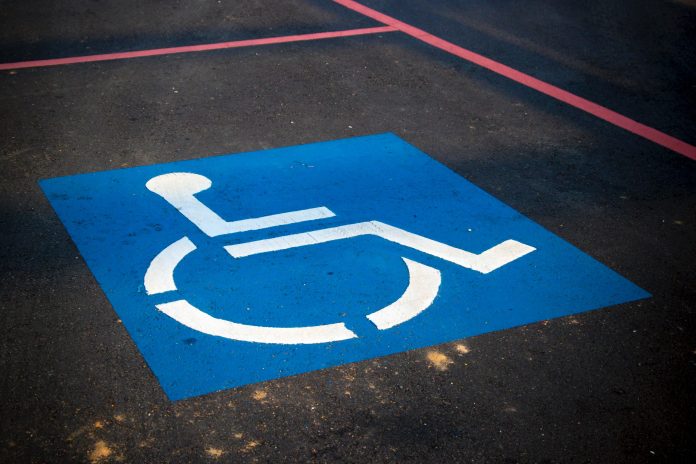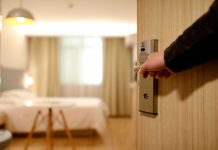Recently there was a post floating around online that posed the question: “Why are people allowed to take random smoke breaks?” and they likened it to allowing someone to take a break during work time to drink wine. The person who posted it got a lot of support from those who work in retail and hospitality stating they aren’t even allowed to drink water at the register, but if they were smokers they’d be allowed to have a smoke break. Eventually someone else pointed out that many companies often accommodate people who smoke more so than those with disabilities or medical conditions.
It was that last comment that got me thinking and realizing Aruba and the hotel industry is much the same way. We are thankfully far past the days where people used to be able to smoke in their offices, but from a productivity standpoint having someone, just up and leave their station for a smoke at any given moment isn’t exactly great either. Not only does the smoker have to go off to whatever far flung corner that has been designated the employee smoking area, once they’re done they then have to freshen up before coming back inside. All of that on company time.
Meanwhile, we try to avoid as best we can to have staff that may have some sort of disability or medical condition, because there are costs involved in making accommodations for these employees. Be it adapting the reception desks so that wheelchair bound employees can attend to guests or making sure that all signage has brail translations, even the simple thing of creating pathways for those who have mobility issues. Aruba is a serial offender at this and hotels especially and most of it can be blamed on a lack of having sufficient standards when it comes to those with disabilities, but hotels and other businesses can choose to follow ADA compliance guidelines.
As hotels we should all be setting the trends, especially timeshares since our members/guests tend to be on the older side. Having a wheelchair bound employee, who can access all areas of the resort with ease, lets the resort know that our guests with those same issues will be free to navigate with minimal assistance. Employees with medical conditions such as diabetes would be great to provide insight and information into what a guest may be experiencing in case of an emergency. Those who have a visual or auditory impairment would be able to provide safety suggestions. Usable bodied people can hear or see an alarm, but that may not be the case for some of our guests.
The best recommendations we have had for the improvement of our resort has come from staff members who aren’t able bodied. Following up with those suggestions leads to a reduction in complaints and also a return guest who is comfortable knowing the hotel is safe for them to stay in. The initial cost to accommodate may be high, but there will certainly be more return on investment.
Aruban born and bred Shanella Pantophlet is passionate about tourism. That is the world she studied and works in, so we might as well call her a specialist. Luckily for Aruba Today Shanella also loves to write. And together with the fact that the majority of our readers are tourists, we found ourselves a perfect combination for a column: Hotel Hustle.















